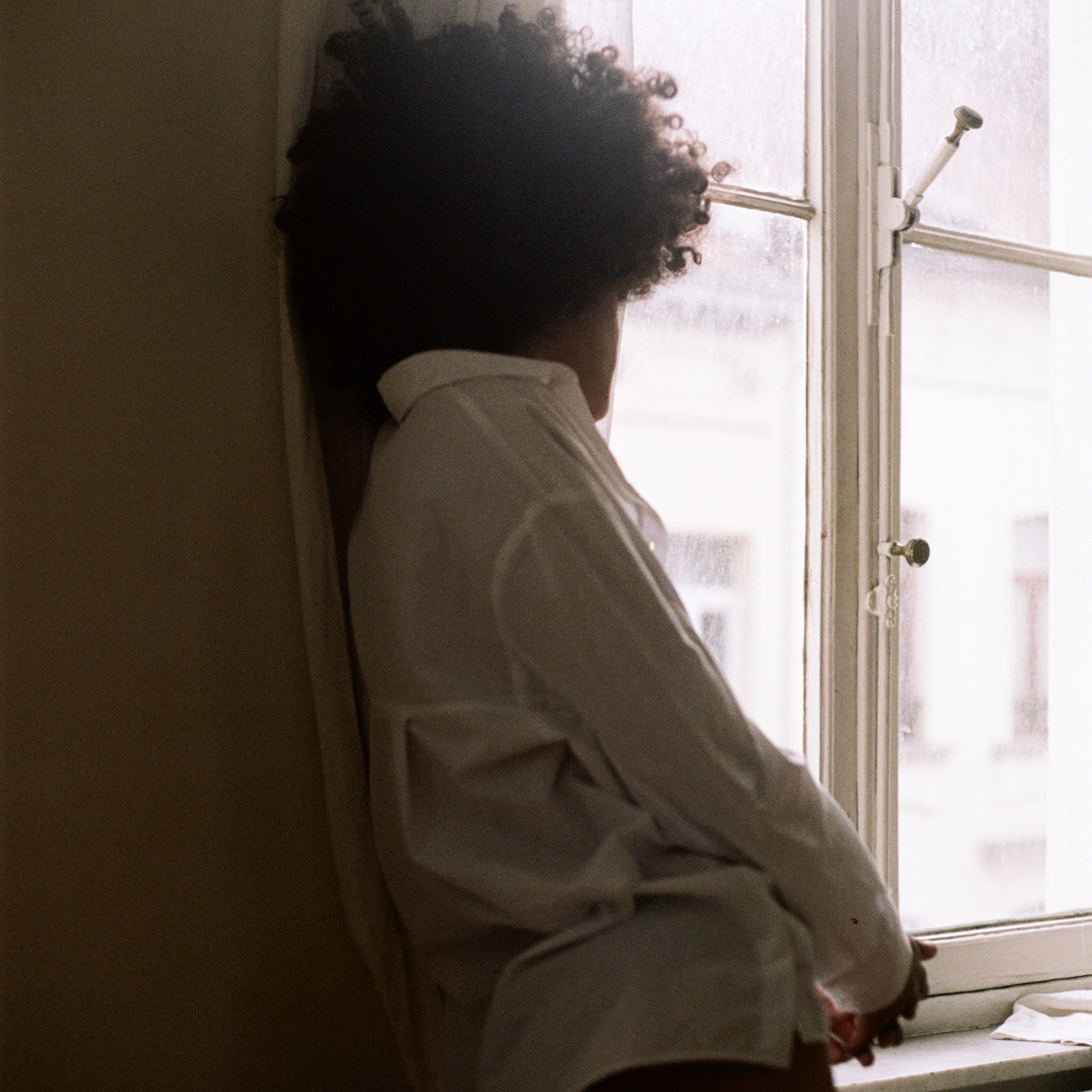How do you navigate life as a *Skin Mutt? It’s a question that many people within the community of Skin Mutts (a platform for people that grew up with different cultures and belong to multiple ethnicities) encounter at some point in life.
We might all have different stories, but we find each other in our shared search for belonging and questions of cultural identity. Let me tell you about my day, to show you how I navigate life as a Skin Mutt.
Today a friend messaged me the following: “Sas! I’m a little tied up with arranging things, tonight I’m going to my father’s house for dinner and I had promised to make ikan pepesan but I forgot how much hassle that is haha”
As I read her message, my eyes lingered on the words “ikan pepesan”. My hunch was telling me that it is an Indonesian dish. We are both partly Indonesian, which somewhat gave it away. However, I couldn’t stop myself from Googling “ikan pepesan”.
It’s indeed an Indonesian recipe. Ikan pepesan is an Indonesian fish cooked in a delicious spicy boemboe – boemboes are finely ground spice blends used in Indonesian cuisine. Pepesan means “in banana leaf” and ikan means “fish”. In short, it’s fish cooked in banana leaves.
Somehow this fleeting message didn’t leave my mind throughout the day. In a way I was a bit jealous of her sharing such moments with her father. I didn’t grow up with the Indonesian culture. My mother was brought up as white and European as possible. Both her parents repudiated their own culture and tried to adapt to the dominant Dutch norms. Except for my grandfather’s few books in Sranantengo (Sranan for short, or Surinamese, is a creole language spoken in Suriname) and my grandmother’s pictures from Ambon (an island in the Indonesian archipelago of the Moluccas), I don’t have anything more tangible than that.
My friend’s heritage seems to be far more tangible than mine. I imagine her cooking with her father, while babbling in a jumble of Indonesian and Dutch words. I don’t know any Indonesian nor Sranantengo, just like my mother. A few weeks ago my mother told me that she had gotten very angry with her parents when she moved out. She was upset because her parents had not passed anything of their culture on to her. The only thing they passed on to her were the following words: “Adapt, you are already two steps behind. You are a woman ánd of color.”
So, I can’t really blame my mum. Nor can I talk to my grandparents about it, since both are no longer alive. What I cán do is go back to my friend’s message. I can connect with her and others who are keeping these cultures alive under the weight of the dominant ones. As I’m pondering, I message her that she inspired me to write this piece. Her instant reply splendidly illustrates the reality of mixed cultures:
“Funny that you write it like ‘boemboe’
That is secretly already Dutchified, in Indonesian it is bumbu, because the u is an oe”
For a long time, I thought I was the only one with a cultural identity crisis. Coming across Skin Mutts on Instagram made me feel seen. It was a relief to see how so many more people struggle with the question “where do you come from?”. While being a part of the Skin Mutts team for some time now, I’ve come to the realization that it’s okay not to have an answer to that question.
It’s about being able to talk about it and not being forced to fixate yourself on one clear (cultural) identity. It’s okay to be part of different cultures and to belong to multiple ethnicities. A cultural identity crisis is an everyday thing for us, as the founder of Skin Mutts – Olivia Lopez Calderon – says herself.
Last but not least, thank you Evi Kasman for being my friend.
Donate and pre-order the first issue of Skin Mutts Magazine here.
*Skin Mutt: a person with a mixed cultural background

Leave a Reply